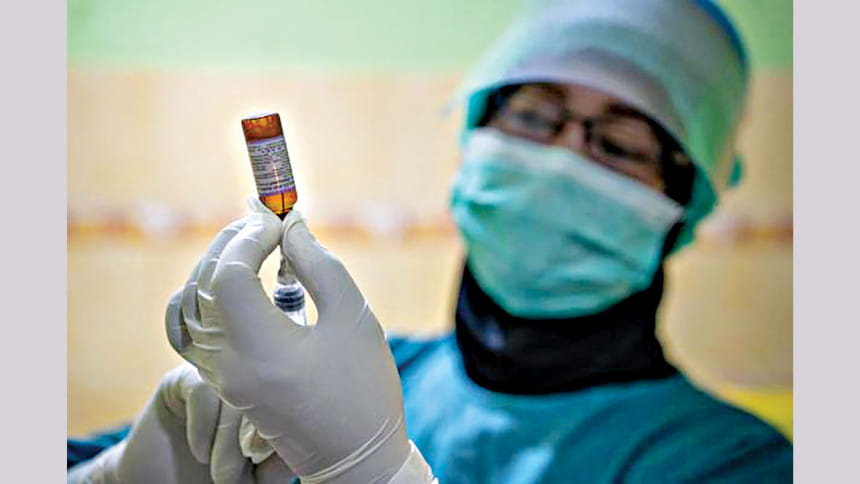Can vaccinated people spread COVID-19?

Vaccination is the key factor to minimise the risk of COVID-19, especially at a critical time like this when we are also facing added worries of an incoming third potential wave of coronavirus. COVID-19 vaccination can also be beneficial in lowering down severity and mortality risk associated with the illness. Scientifically, all approved COVID-19 vaccines have been well-studied and provide adequate protection; they may strengthen the body's immune response against the virus, lessen the complication risks, including hospitalisation.
Vaccines also work in reducing transmission rates. However, there is little proven evidence to support the claim yet. Even for the little evidence that we have that vaccines may reduce transmission to an extent, a lot depends on how well the vaccine works to block the infection.
Concerning how the SARS-CoV-2 virus spreads the asymptomatic transmission of the virus makes matters get scary. Not only does it remain to be a relatively new virus, but COVID-19 also poses particular challenges because the infection can be spread via both symptomatic, as well as asymptomatic carriers. This means that a person, who does not exhibit symptoms and does not undergo testing, may silently be spreading the disease onto others. This is a scenario that can very well occur with vaccinated beneficiaries as well.
The second wave of coronavirus in many countries has been fuelled by a rising surge of different variants of the virus, which are not just super infectious and spread easily but also have the ability to surpass antibodies. For example, the new Indian variant has mutated and changed its characteristics only to be more powerful, it also can evade many vaccines.
Anybody who has not been able to get vaccinated right now, or may not be eligible for vaccination is at the highest risk of catching the illness and suffering from poorer outcomes. So getting the opportunity, one should jump to take a jab.
This means that people who have medical conditions, chronic or poor immunity or illness which prohibits them from vaccination, children below the age of 18 and the ones who are not willingly vaccinated all assume equal risks of contracting the infection. Vaccination is a weapon in our armoury, in our fight against breaking down the pandemic.
However, it is not the perfect cure. We should remember that vaccines just prevent infection possibilities, up to an extent and not take away all the risks entirely. Thus, following COVID-19 appropriate measures are still important, before and after you get your vaccine dose.
Only when vaccines help us get to the herd immunity stage, wherein the majority of communities are inoculated and well-protected, would we be able to lower down our guards. Until then, measures should be followed and masks still should be on for a longer period, before the rate of infection goes down drastically. If one is vaccinated, s/he can get infected before the course is complete and has every chance of spreading it to anyone.
The more scary part is any stranger can make the vaccinated person infected. So the mask should always be on, if possible double can give better and sure protection. To be safe and be benign for others, wearing masks and maintaining social distance are foremost. Mask is cheap, easy and cosy that we fail to understand, and is credulous.
One thing we must have to remember – a bird in the hand is worth two in the bush. So it is important to wear masks and maintain social distancing even after being vaccinated, for your safety and everyone else around you.
The writer is a gerontologist and a public health specialist.
E-mail: [email protected]

 For all latest news, follow The Daily Star's Google News channel.
For all latest news, follow The Daily Star's Google News channel. 



Comments